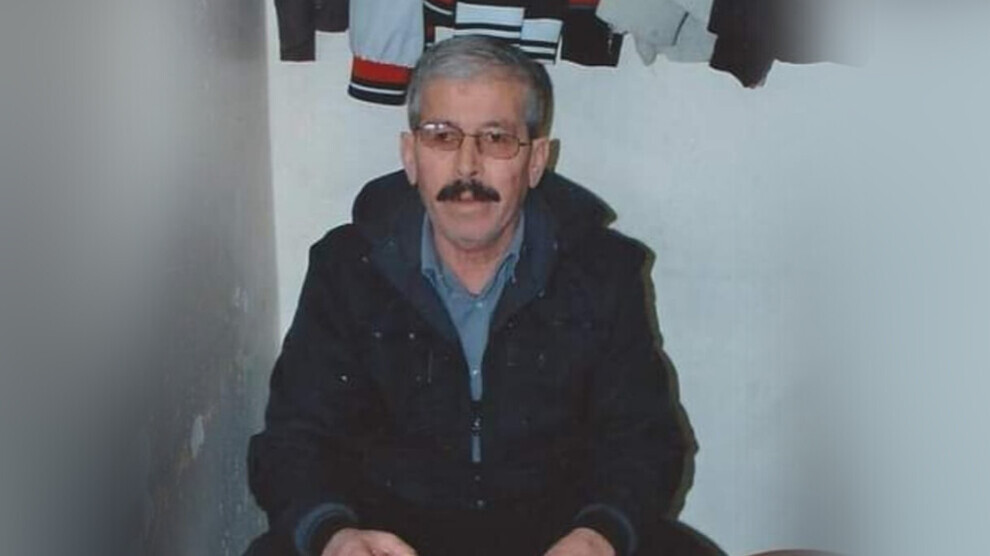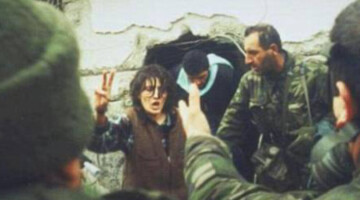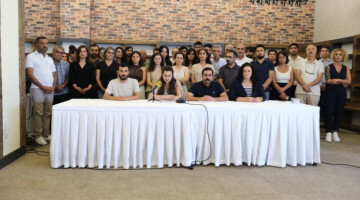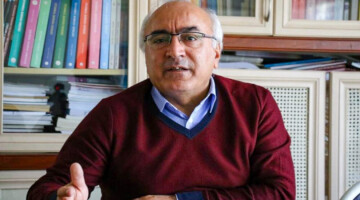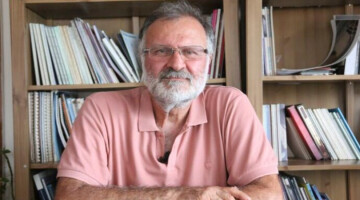Political prisoner Ibrahim Yildirim died ten days before his release in the maximum-security prison in Elazığ. His relatives were informed of this by telephone by the prison management. According to the prison management, the 68-year-old suffered a heart attack on Saturday evening and died. An autopsy report is expected on Monday.
Ibrahim Yildirim was seriously ill and had a recognised severe disability of 96 per cent. He suffered from a brain tumour and lost one eye during an operation, while he had 49 per cent vision in the other eye. Despite medical certificates, he was not granted parole for five years. His wife Asli Yildirim was in constant worry about him and had earlier told ANF that she was afraid he might die because of his reduced eyesight. "I am always in prison in my mind, I am scared. My husband cannot survive in prison. I don't want him to die," Asli Yildirim said.
Ibrahim Yildirim was convicted of membership of a terrorist organisation in 2011 as part of the "KCK operation". His release from prison was scheduled for 25 August.
KCK operation: Blow against legal Kurdish politics
The wave of arrests, called the "KCK operation", began only one day after the KCK (Kurdistan Communities Union) extended its ceasefire until 1 July on 13 April 2009 and spoke in a declaration that "for the first time there is a possibility to resolve the Kurdish question in a ceasefire environment". Two weeks earlier, local elections had taken place in Turkey and the pro-Kurdish DTP party almost doubled the number of its mayors. In the same year, the DTP was banned by decision of the Constitutional Court on terror charges.
The KCK operation, which began with the arrests of Kurdish politicians and NGO representatives, rippled through all areas of social life, including mayors, trade unionists, journalists, human rights defenders and lawyers. By the end of the operation in 2011, about 10,000 people had been arrested on suspicion of being members of the KCK.

